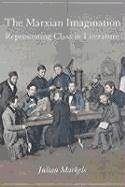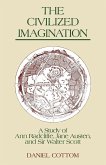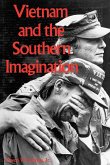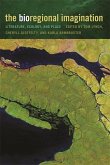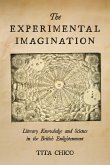The Marxian Imagination is a fresh and innovative recasting of Marxist literary theory and a powerful account of the ways class is represented in literary texts. Where earlier theorists have treated class as a fixed identity site, Markels sees class in more dynamic terms, as a process of accumulation involving many, often conflicting, sites of identity. Rather than examining the situations and characters explicitly identified in class terms, this makes it possible to see how racial and gender identities are caught up in the processes of accumulation that define class. Markels shows how a Marxian imagination is at work in a range of literary works, often written by non-Marxists. In a field notorious for its difficulty, The Marxian Imagination is a remarkably accessible text. Its central arguments are constantly developed and tested against readings of important novels, ranging from Dickens's Hard Times to Barbara Kingsolver's Poisonwood Bible. It concludes with a telling critique of the work of the major Marxist literary theorists Raymond Williams and Fredric Jameson.
Hinweis: Dieser Artikel kann nur an eine deutsche Lieferadresse ausgeliefert werden.
Hinweis: Dieser Artikel kann nur an eine deutsche Lieferadresse ausgeliefert werden.

